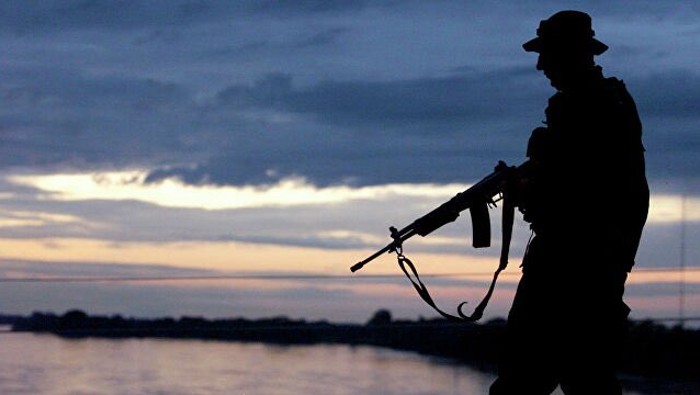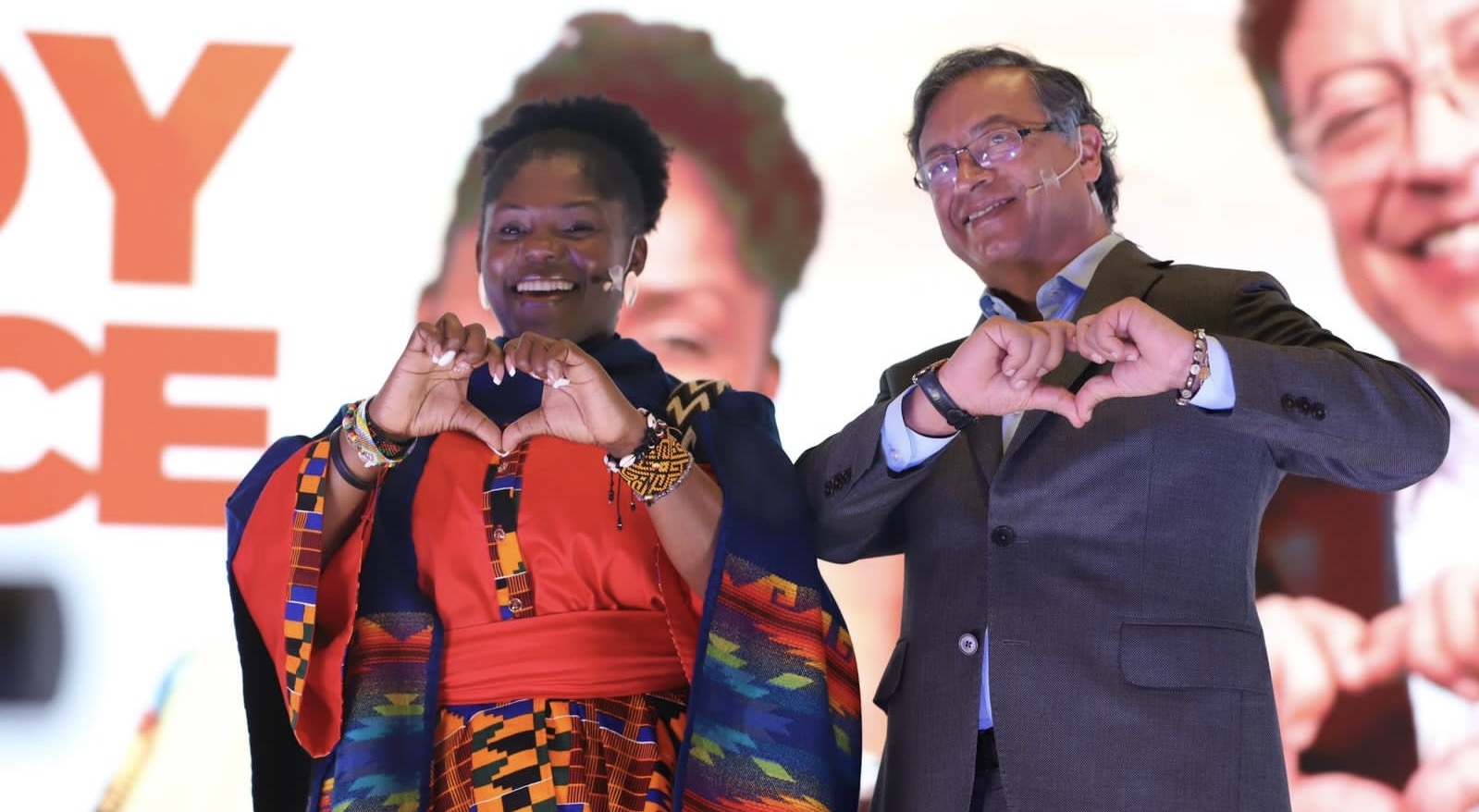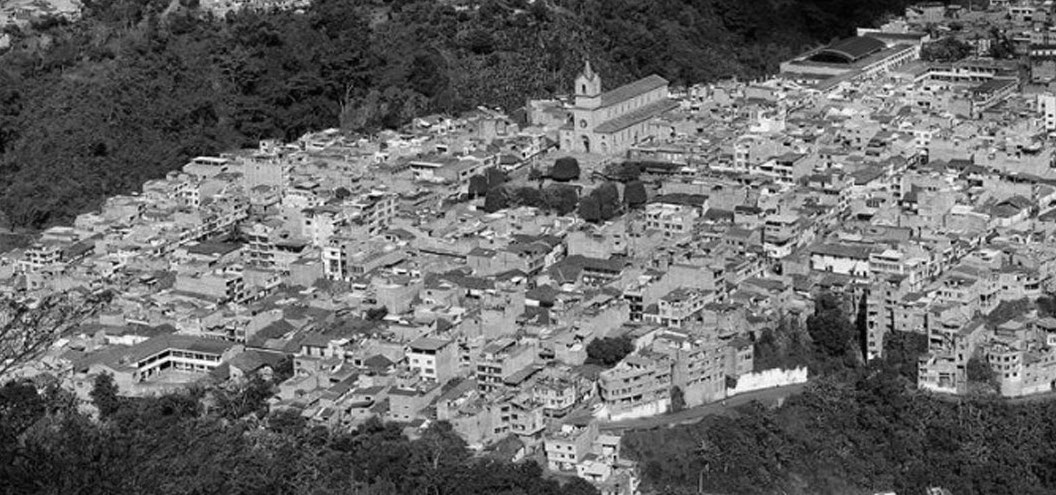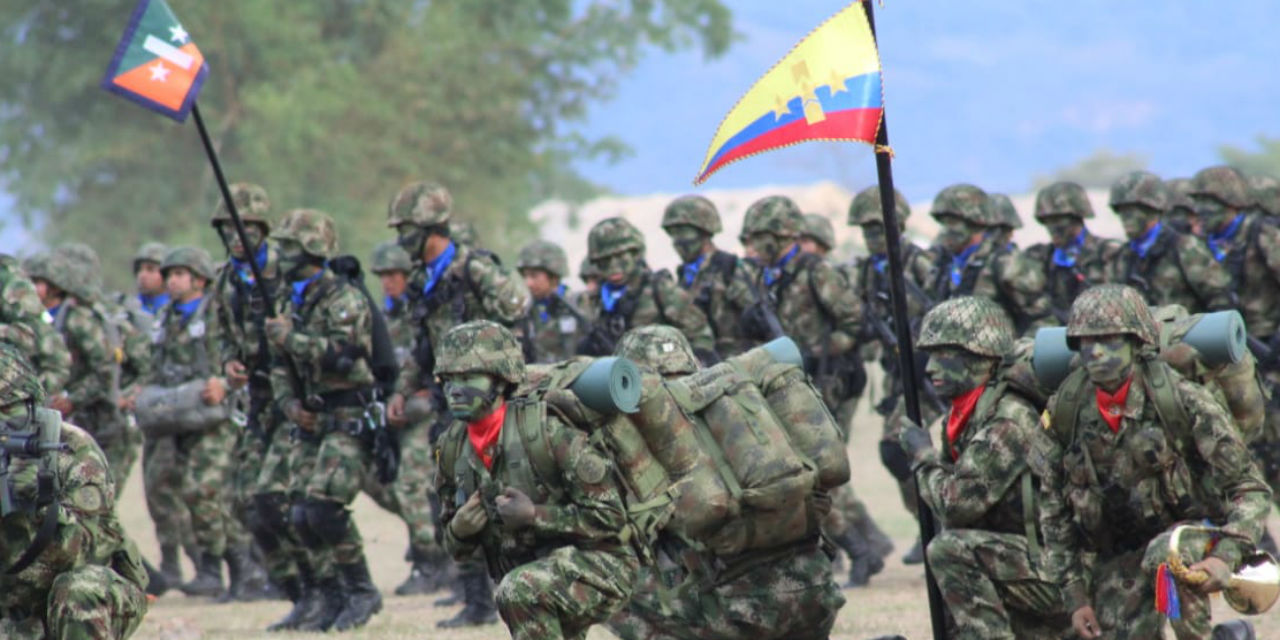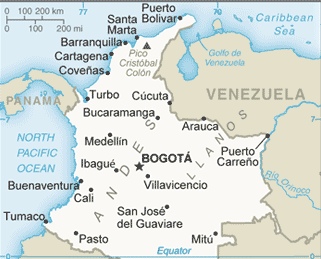
Colombia: 181 social leaders murdered in 2023
The Colombian Ombudsman’s Office (Defensoría del Pueblo de Colombia, DPC) reported that 181 social leaders and human rights defenders were murdered in 2023. While the report acknowledges a 16% decrease in cases compared to 2022, with 34 fewer deaths, the DPC remains concerned about the ongoing risks faced by those operating in regions affected by internal armed conflicts. The most affected social sectors include indigenous groups, peasants, Afro-descendants, LGBTIQ+ individuals, and the human rights community. Notably, three departments—Cauca, Antioquia, and Nariño—accounted for 41% of the cases, with Cauca being the most affected at 36 cases. (Map: PCL)



